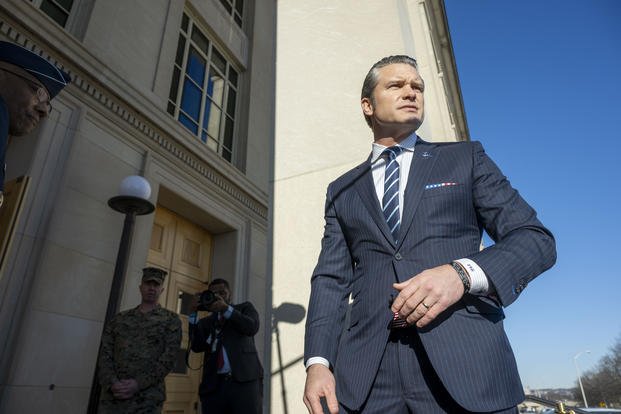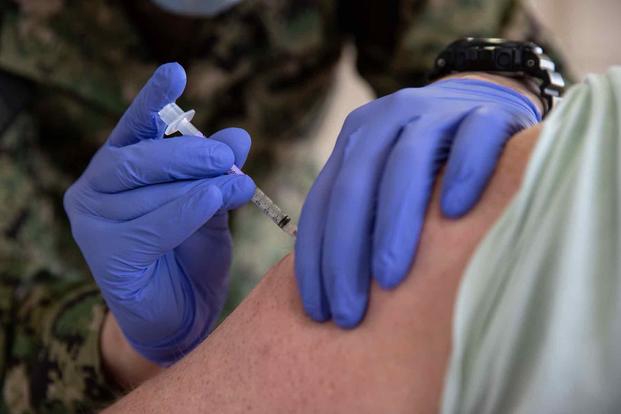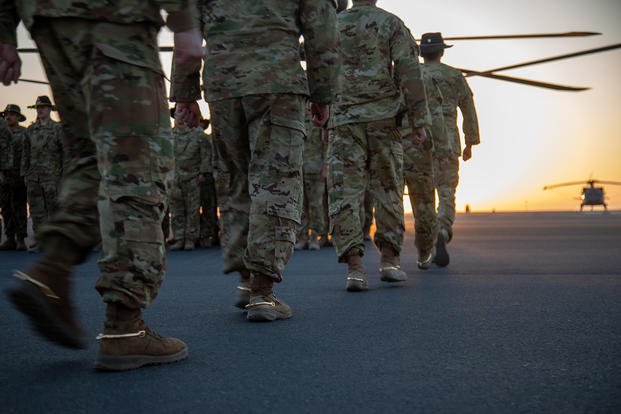
WASHINGTON — The Defense Department's intelligence agency has paused observances of Martin Luther King Jr. Day, Pride Month, Holocaust Days of Remembrance and other cultural or historical annual events in response to President Donald Trump’s ban on diversity, equity and inclusion[1] programs in the federal workplace.
The instructions were published Tuesday in a Defense Intelligence Agency memo obtained by The Associated Press and affect 11 annual events, including Black History Month, which begins Saturday, and National Hispanic Heritage Month.
The memo's authenticity was confirmed by a U.S. official who said the pause was initiated by the DIA and appears not to be policy across the Defense Department. The official spoke on the condition of anonymity to discuss sensitive matters.
“We are receiving questions across the workforce on the way forward,” the memo said. “DIA will pause all activities and events related to Agency Special Emphasis Programs effective immediately and until further notice."
It also noted a pause on “special observances” hosted throughout the year. While Martin Luther King Jr. Day and Juneteenth were included, the memo said the change would not affect those national holidays.
The contents of the memo were first reported by independent journalist Ken Klippenstein and posted to X.
Federal agencies have struggled to interpret Trump's Jan. 20 executive order ending DEI programs across the government and have taken a broad approach due to lack of clearer guidance from the White House on how to comply.
On Wednesday, Defense Secretary Pete Hegseth directed staff to create a DEI task force to ensure no DEI programs remain in the Pentagon.
“We're not joking around,” Hegseth said in an interview Wednesday with Fox News. "There’s no changing of names or softly manipulating something. DEI is gone.”
In response to a query from the AP about the memo, the DIA said late Wednesday it “is working with the Department of Defense to fully implement all executive orders and administration guidance in a timely manner. As we receive additional guidance, we will continue to update our internal guidance.”
The other annual events listed in the DIA memo are Asian American Pacific Islander Heritage Month, National American Indian Heritage Month, National Disability Employment Awareness Month, Women's Equality Day and Women's History Month.
White House press secretary Karoline Leavitt was asked at a briefing Tuesday whether Black History Month would cease to be celebrated.
“As far as I know, this White House certainly still intends to celebrate, and we will continue to celebrate American history and the contributions that all Americans, regardless of race, religion or creed, have made to our great country,” she said.
The changes in holiday observances in some ways resemble the Air Force's quick elimination of DEI coursework in its basic military training, which temporarily resulted in the service removing videos on the Tuskegee Airmen[2] and World War II female pilots that had been in those courses. After a brief uproar, the Air Force said the history of both groups would continue to be taught.
© Copyright 2025 Associated Press. All rights reserved. This material may not be published, broadcast, rewritten or redistributed.


